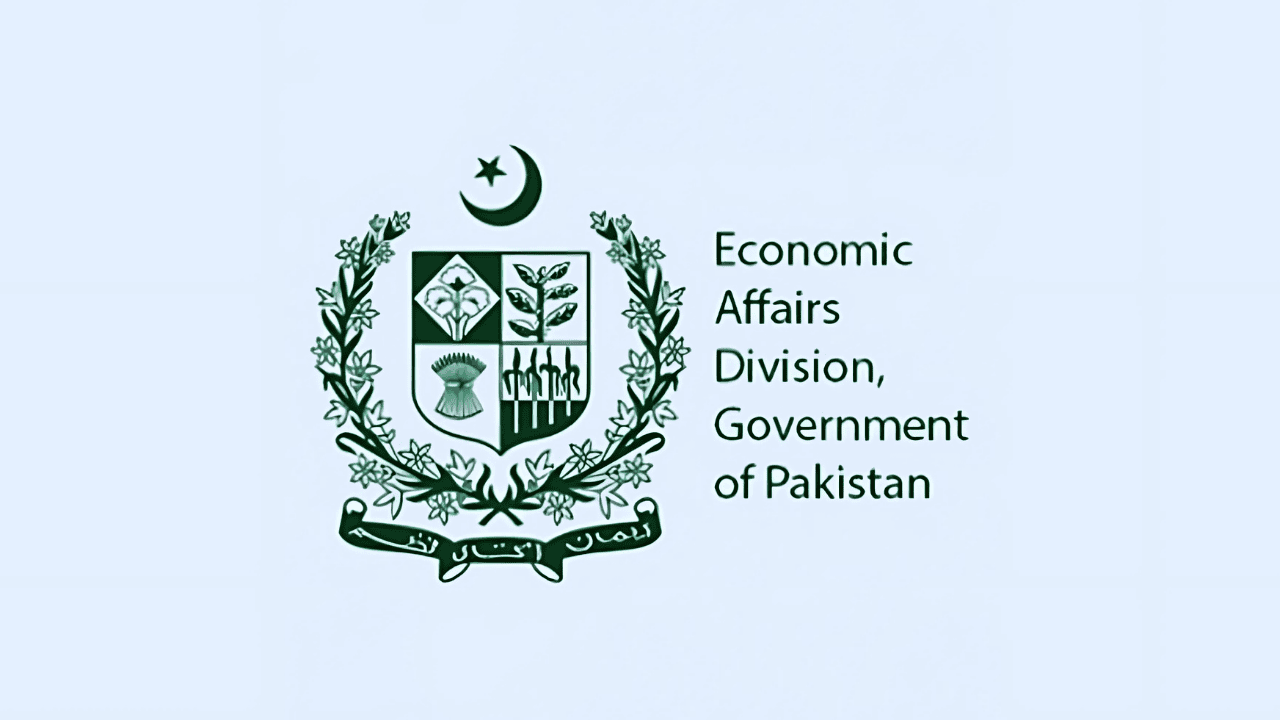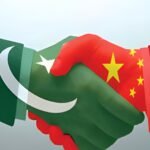By Abdul Ghani
ISLAMABAD– International Non-Governmental Organisations (INGOs) have provided more than $3.8 billion in funding to Pakistan between 2015 and 2024, focusing on critical areas such as education, health, social welfare, climate change, human rights, and flood relief, according to official data by the Ministry of Economic Affairs.
The data available with Wealth Pakistan shows that 31 INGOs and 463 local NGOs/International Partners have worked through legally binding agreements to implement projects across the country.
The major funding sources during this period included the United States, the United Kingdom, Germany, France, Norway, and the Netherlands. These countries have remained consistent contributors to Pakistan’s development and humanitarian landscape over the last nine years.
Education, Health, and Climate Change Get Largest Support
Education and health emerged as the leading sectors attracting international support, followed by social welfare and human rights programmes. At the same time, significant funds were allocated to climate change mitigation and flood-related initiatives, reflecting Pakistan’s vulnerability to environmental challenges and recurring natural disasters.
According to the document, the breakdown of country-wise representation shows the United States leading with 37 INGOs, followed by the United Kingdom with 22, Germany with 14, France with six, Switzerland with five, Canada with three, Australia with two, and Japan with five, while 18 others come from different countries.
The document reveals that several major INGOs have made notable contributions in Pakistan.
USA’s Willows International Projects
USA’s Willows International focused on family planning and reproductive health in Sindh with nine projects worth $12.26 million, increasing contraceptive prevalence from 27.3% to 41.5% in target areas.
Switzerland’s Solidar Humanitarian Efforts
Similarly, Switzerland’s Solidar carried out projects worth Rs1.15 billion, providing safe drinking water to 1,325 families, constructing 25 schools and 225 sanitation facilities, and enabling 3,000 slum children in Islamabad to access education.
Germany’s Malteser International Relief Programs
Germany’s Malteser International carried out 18 projects worth €118.08 million, providing emergency relief to monsoon-affected families in Sindh and Khyber Pakhtunkhwa. Its interventions benefited more than 811,555 people through health services, food distribution, cash assistance, and hygiene kits.
Belgium’s Médecins Sans Frontières (MSF) Projects
Belgium’s Médecins Sans Frontières (MSF) undertook projects worth $58.74 million in Sindh and KP, treating over 46,000 cardiac patients, supporting Covid-19 response, malaria screening during floods, and installing water treatment plants and sanitation facilities.
Importance of INGO Support for Pakistan
The total value of projects supported by INGOs during this period reached $3.8 billion, underlining the importance of international cooperation in supplementing Pakistan’s limited public sector resources.
Speaking to Wealth Pakistan, a senior official of the Economic Affairs Division said that the collaboration with INGOs has been instrumental in addressing urgent humanitarian needs and strengthening long-term capacity in key sectors.
The official said that the partnership with INGOs has been “critical in addressing humanitarian challenges and supporting long-term development goals.”
The official added that given Pakistan’s fiscal constraints and its exposure to climate-related disasters, sustained international engagement is not just helpful but essential for protecting vulnerable communities and ensuring resilience.
Experts Stress Long-Term International Engagement
Experts believe that as Pakistan continues to face mounting pressures from climate change, humanitarian crises, and fiscal limitations, sustained international engagement will remain crucial to safeguarding vulnerable communities and ensuring the continuity of social development efforts.
Author Profile






